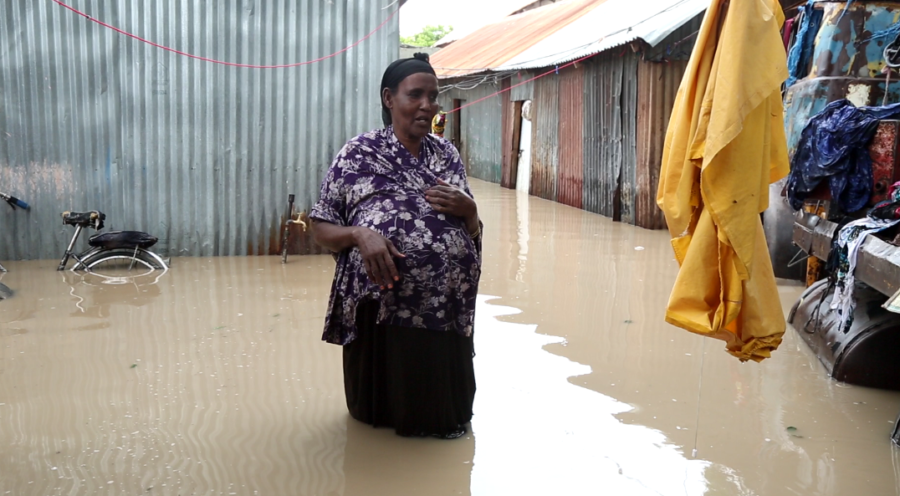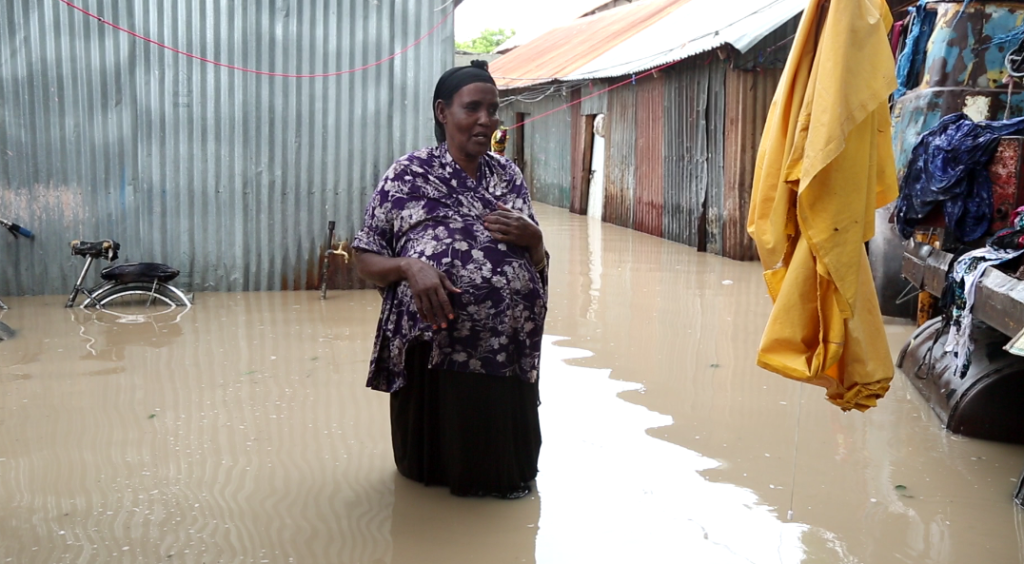Govt urged to ease import of relief supplies to avert floods’ harm


Humanitarian stakeholders have called on the federal and state governments to suspend any barriers which could curtail speedy importation and distribution of humanitarian aid in a move to effectively respond to the unfolding floods crisis in the country.
The stakeholders among them federal and state government and humanitarian actors in the country meeting in Mogadishu Sunday also urged collective action among all sectors of the society and government.
In a communique Sunday, the meeting led by President Mohamed Farmaajo called for among others facilitation of the delivery of assistance including imports and exports of relief supplies as well as remittances. The stakeholders also called for ‘the temporary suspension of new bureaucratic requirements at the sub-federal level on aid providers’ and the provision of security and logistical support for access.
Tens of people have been confirmed dead in several parts of the country as floods continue unabated with riverine regions along Shabelle and Jubba rivers adversely affected. The situation was however further compounded Friday when the tropical cyclone Sagar made way into northern Somalia causing mass displacements and flooding in Puntland and Somaliland.
The UN humanitarian agency OCHA said Saturday more than 1.3 million people in Awdal, Sanaag, Togdheer and Woqooyi Galbeed (Hargeisa) were estimated to be at risk of the tropical storm as of Friday.
The stakeholders also agreed to strengthen the role of the 22 member National Flood Committee and the Ministry of Humanitarian Affairs to ensure they engage all across the country to marshal further support.
The need for transparency and accountability in the management of aid response must form the core of the response, the meeting emphasized. “We declare non-tolerance to diversion of assistance and pledge to take firm action against anyone engaging in such misconduct. Such action will cover all forms of diversion and manipulation of the response, including private profiteering.”